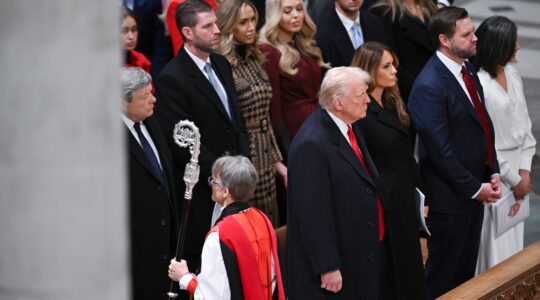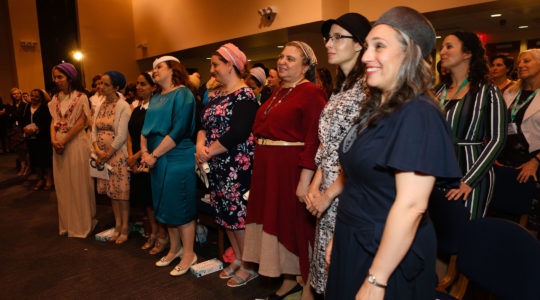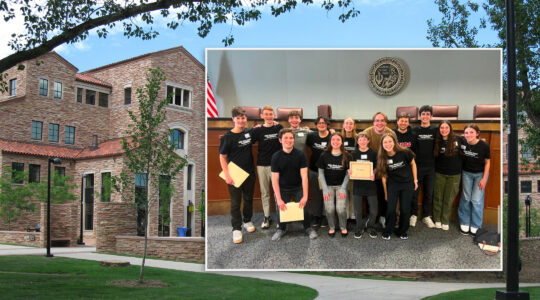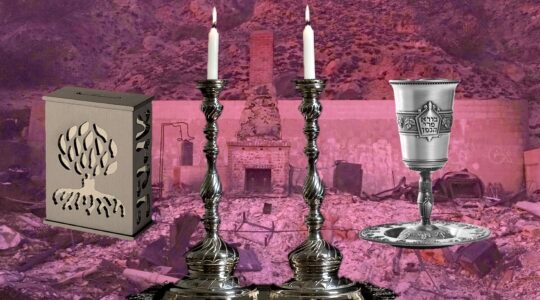The coronavirus crisis provides a window through which we can look back clearly to the origins of the organization I am privileged to lead.
What is today the Hadassah Medical Organization grew out of the 44-member American Zionist Medical Unit, a mobile hospital that sailed from New York, reaching Palestine in August 1918 during the Spanish Flu pandemic. In its first year of operation the unit also encountered trachoma, malaria, typhoid, cholera and bubonic plague.
By the time Israel achieved independence in 1948, Hadassah had a network of more than 100 hospitals, clinics, infant welfare stations and dispensaries — most of which it turned over to the new state, keeping only its flagship medical center in Jerusalem.
A century after the Spanish Flu pandemic, Hadassah’s world-class medical center is taking the lead in Israel in treating Covid-19 patients and in testing. It is also part of a wider Israeli effort to develop therapies and find a vaccine.
There is another way in which today’s conditions remind us of Hadassah’s early years. Instead of operating a medical center that we can reach with a 10-hour flight, we are cut off, once again sustaining our mission in a place as physically remote as it was a century ago. We give thanks for the technology that allows us to connect virtually to our homeland and projects.
The purpose of the Jewish national liberation movement is to satisfy this universal human instinct to go home. Zionism is embedded in Jewish memory, in prayers uttered daily for 2,000 years for the rebuilding of Jerusalem, and in a religious calendar that follows the agricultural cycle not of where Jews live in Diaspora but of the land from which they were exiled. We observe our homecoming on Yom Ha’atzmaut, Israel’s Independence Day, on the fifth of Iyar, which falls this year on April 29. And like every holiday, milestone, custom, personal or cultural ritual in these challenging times, we view this recurring occasion in a new light.
What stands out for me is the “home” in homeland. During my family’s Zoom Seder three weeks ago, I was struck by the account of the tenth plague, when God passed over the Jewish dwellings in Egypt — their door frames smeared with lamb’s blood — and spared families from the death of their first born. I realized that divine protection then was like the “new normal” of social distancing: conditioned on our staying home. In every land in which our forebears lived they had homes that provided shelter from many ills, but not from persecution.
What liberated Zionism from the pages of the prayer book and the collective memory of exile was the passion ignited in Theodor Herzl when he witnessed throngs shouting “Death to the Jews” in France, a nation he considered the cradle of enlightenment. Herzl decided it was time to go home — for Jews in France, Germany and Russia, in Morocco, Egypt, Yemen and Iraq.
It was also time to provide a safer home for those whose ancestors had never left the land of Israel, or who had returned over the previous two millennia. Independence allows the Jewish people not only secure family homes but also a national homeland in which to develop cultural and communal institutions that uplift the citizens of Israel, inspire the Diaspora and benefit humanity.
In country after country, in century after century, the Jewish people were subjected to discrimination, hatred, forced conversion, expulsion and death. Anti-Semitism is a disease — an anti-social pandemic — that has crested and waned but never disappeared. Democracy and education are proven factors in mitigating the spread and virulence but, like ventilators and PPE’s today, there is more demand than supply.
The most effective strategy in allowing the Jewish people to control their own destiny is Israel’s independence. Especially in these difficult times, that’s something worth celebrating.
Rhoda Smolow is National President of Hadassah.
The New York Jewish Week brings you the stories behind the headlines, keeping you connected to Jewish life in New York. Help sustain the reporting you trust by donating today.




